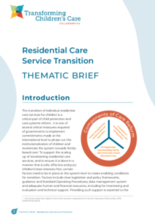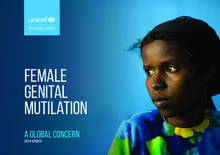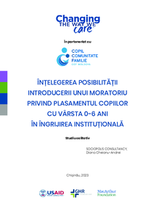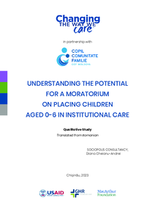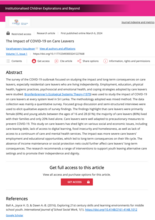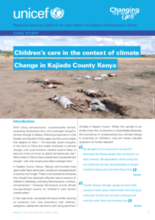Demographic Data
|
Sources: World Bank, UNDP, UNAIDS, DHS 2013 |
Displaying 241 - 250 of 14348
Are you a local Non-Governmental Organisation/civil society organisation, network,locally registered association, academic institute, or private sector entity passionate about making a difference in the lives of children in Kenya? Save the Children Kenya is seeking partners to collaborate on impactful initiatives that address pressing issues affecting children and communities.
The 2024 edition of this UN Human Rights Council’s annual event will take place on the 14th March 2024 in Geneva and discuss children rights and inclusive social protection.
The Permanent Bureau (PB) of the Hague Conference on Private International Law (HCCH) seeks a Project Coordinator (Full-Time) to coordinate trainings, workshops and other events in relation to the HCCH 1993 Convention on Pr
The theme of the Summit is on improving the health and wellbeing outcomes for Scotland's care experienced young people. We know from conversations in our forums and events, feedback from young people and what was said during the Independent Care Review, and more recently as part of the 100 Days of Listening, that the link between health and social work is inextricable and without collaboration between all those who support young people to thrive, for many care experienced young people the health inequalities they face will continue.
This brief contains high-level guidance and recommendations for policy and decision-makers and development partners to consider in designing frameworks to scale up, coordinate and support the transition of individual residential care services.
This report provides an updated data-driven assessment of female genital mutilation (FGM) around the world. It narrates through numbers the stories of millions of girls and women who have survived the practice and the millions more who remain at risk.
Programul Național pentru Protecția Copilului pe anii 202
This study analyzes statistical data on the institutionalization of children aged between 0-6 years; examines current practices of prevention, identification, assistance, referral, and placement in institutions and family based alternative care; evaluates the knowledge and attitudes of professionals and decision makers and outlines recommendations for the development and introduction of a moratorium on placing children aged between 0-6 years in residential care.
The survey of the COVID-19 outbreak focused on studying the impact and long-term consequences on care leavers, especially residential care leavers who are living independently.
In this case study the authors look at the impact of climate change-related events on various aspects of children’s care by drawing on evidence from nine interviews with children, caregivers, residential care home staff and government officials in Kajiado County, Kenya.

